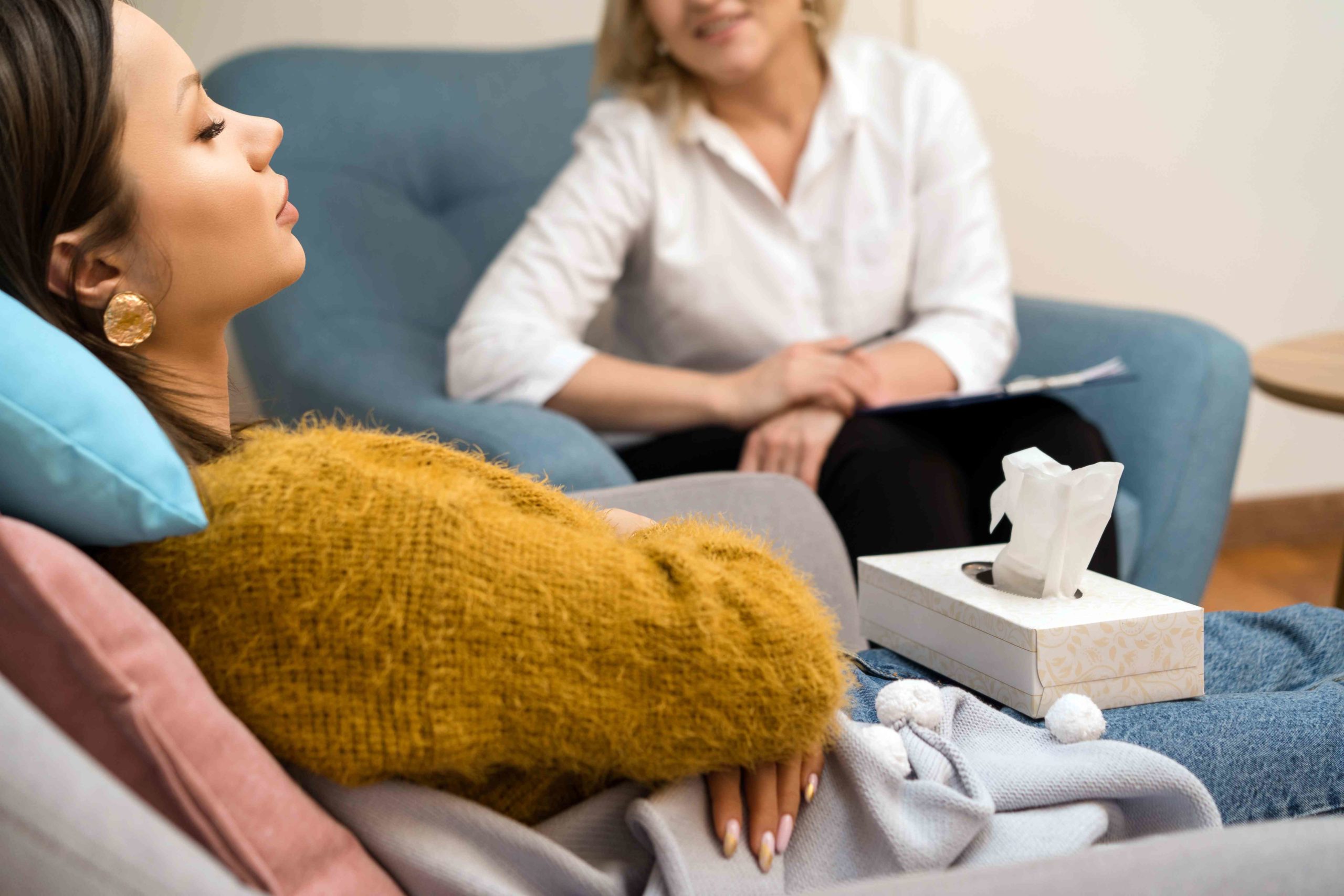Evidenced-Based Hypnotherapy for the Management of Sleep Disorders

Sleep disorders affect millions of people worldwide, impairing their daily functioning and overall quality of life. Traditional treatments, such as medication and cognitive-behavioral therapy (CBT), have been the cornerstone of managing these disorders. However, a growing body of research highlights the efficacy of hypnotherapy as a complementary or alternative approach. This article explores the evidence-based use of hypnotherapy for managing sleep disorders, examining its mechanisms, effectiveness, and potential benefits.
Understanding Hypnotherapy
Hypnotherapy involves guided hypnosis, a state of focused attention and increased suggestibility. During hypnosis, a trained therapist helps the individual achieve a trance-like state where they are more open to suggestions. This state allows the therapist to introduce new behaviors, thoughts, or attitudes that can help alleviate the symptoms of various conditions, including sleep disorders.
Mechanisms of Hypnotherapy in Sleep Disorders
The exact mechanisms by which hypnotherapy influences sleep are not entirely understood, but several theories have been proposed. One theory suggests that hypnotherapy can help reduce anxiety and stress, which are common contributors to sleep problems. By promoting relaxation and reducing arousal, hypnotherapy can create a more conducive environment for sleep.
Another theory posits that hypnotherapy can help reprogram the subconscious mind to adopt healthier sleep patterns. This reprogramming can address maladaptive behaviors and thoughts that interfere with sleep, such as ruminating thoughts or unhealthy sleep hygiene practices.

Evidence Supporting Hypnotherapy for Sleep Disorders
Numerous studies have investigated the efficacy of hypnotherapy for various sleep disorders, including insomnia, parasomnias, and sleep apnea.
Insomnia: Insomnia is one of the most common sleep disorders, characterized by difficulty falling asleep, staying asleep, or waking up too early. A study published in the journal “Sleep” found that hypnotherapy significantly improved sleep onset and sleep duration in individuals with chronic insomnia. Participants who underwent hypnotherapy reported better sleep quality and reduced sleep disturbances compared to those who received standard care.
Parasomnias: Parasomnias, such as sleepwalking and night terrors, can be disruptive and distressing. Hypnotherapy has shown promise in reducing the frequency and severity of these events. Research indicates that individuals with parasomnias who received hypnotherapy experienced fewer episodes and reported feeling more in control of their sleep behaviors.
Sleep Apnea: While hypnotherapy is not a primary treatment for sleep apnea, it can be used as an adjunct therapy. Hypnotherapy can help individuals with sleep apnea adhere to their primary treatments, such as continuous positive airway pressure (CPAP) therapy. Additionally, hypnotherapy may assist in weight management, which is crucial for managing sleep apnea.
Benefits of Hypnotherapy for Sleep Disorders
Hypnotherapy offers several advantages as a treatment for sleep disorders:
- Non-Invasive: Unlike medication, hypnotherapy does not involve ingesting substances or undergoing medical procedures. This makes it a safe option for individuals who may have contraindications to certain medications.
- Few Side Effects: Hypnotherapy is generally well-tolerated, with minimal side effects. This contrasts with some sleep medications, which can cause dependency, daytime drowsiness, and other adverse effects.
- Holistic Approach: Hypnotherapy addresses the psychological and emotional factors contributing to sleep disorders, offering a more comprehensive approach to treatment.
- Long-Lasting Effects: The benefits of hypnotherapy can extend beyond the treatment sessions, as individuals learn techniques that they can apply independently to manage their sleep problems.
Conclusion
Evidenced-based hypnotherapy represents a promising avenue for managing sleep disorders. By leveraging the power of the subconscious mind, hypnotherapy can promote relaxation, reduce anxiety, and reprogram unhealthy sleep patterns. While further research is needed to fully understand its mechanisms and optimize its use, current evidence supports its efficacy as a complementary or alternative treatment. Individuals struggling with sleep disorders may find hypnotherapy to be a valuable addition to their treatment regimen, offering a safe, non-invasive, and holistic approach to achieving better sleep.









